Politics
Nandala seeks Gulu support in presidency bid with commercial farming, term limits restoration
Nandala, who was in the district and Gulu city for the second time after just a few weeks, said transforming agriculture would be his government’s top priority once elected into power.
Nandala seeks Gulu support in presidency bid with commercial farming, term limits restoration
By: John Musenze, Journalists @New Vision
__________________
Drawn by the abundance of unutilised land, large-scale farmer Geofrey Mugerwa relocated from the Central region to Gulu district in 2019. Although he has made profits over the years, Mugerwa says farming in northern Uganda remains deeply challenging.
He adds that the region still relies heavily on oxen for tilling, an approach he describes as slow, costly and unsustainable for commercial farming.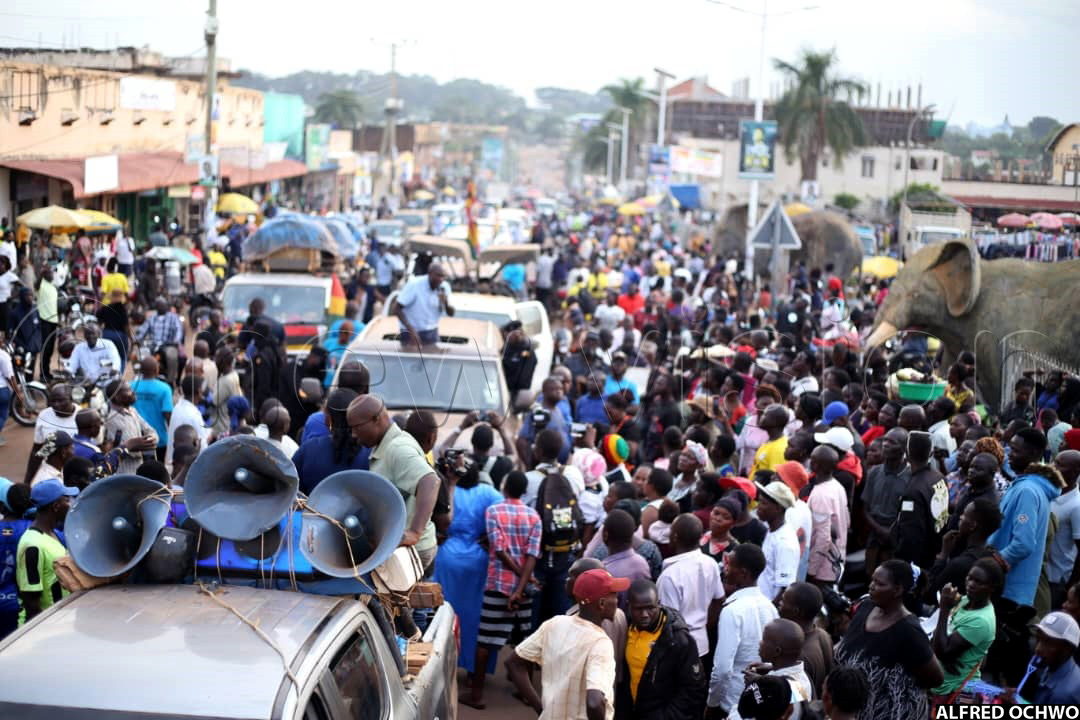
“Hiring a pair of oxen is very expensive, and even then, there are very few. They take days to cover just a few acres. You lose time, you lose money. What is the plan for farmers like us?” Mugerwa asked.
Mugerwa’s frustration reflects the wider struggles of farmers across northern Uganda, who continue to depend on rudimentary tools while battling unpredictable weather patterns and high post-harvest losses.
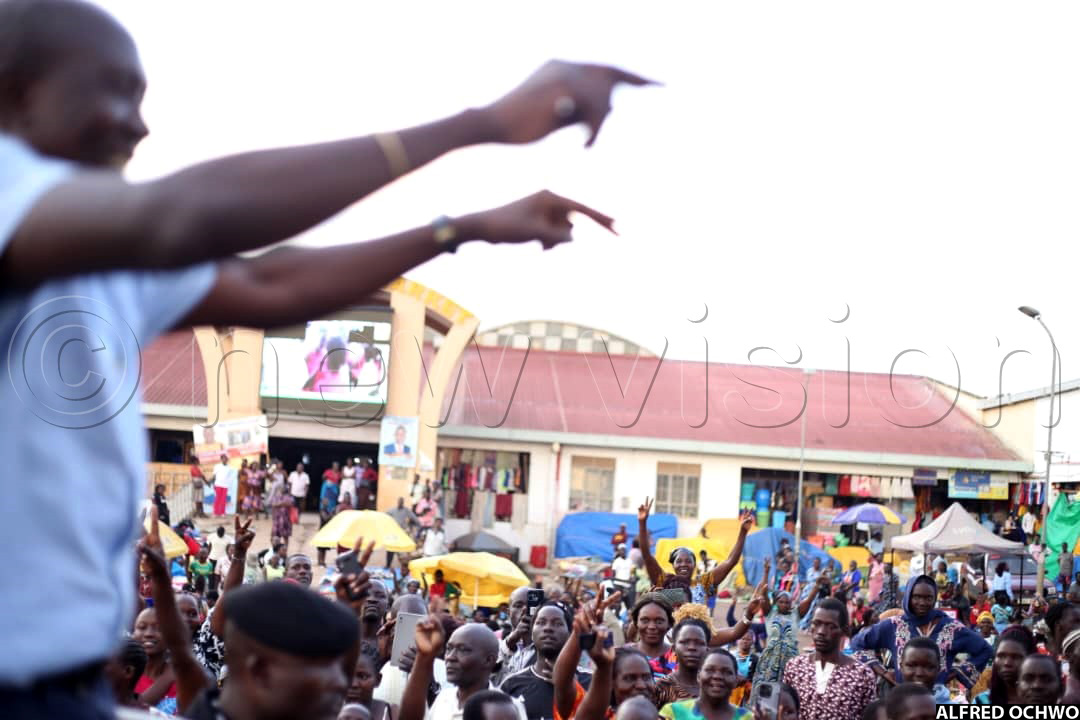
It was this reality that he presented to Forum for Democratic Change (FDC) presidential candidate James Nathan Nandala Mafabi during the latter’s return rally in Gulu on November 19, 2025.
Full commercialisation
Nandala, who was in the district and Gulu city for the second time after just a few weeks, said transforming agriculture would be his government’s top priority once elected into power. He outlined a wide-ranging plan to shift farming from subsistence to full commercialisation, beginning with mechanisation at the grassroots.
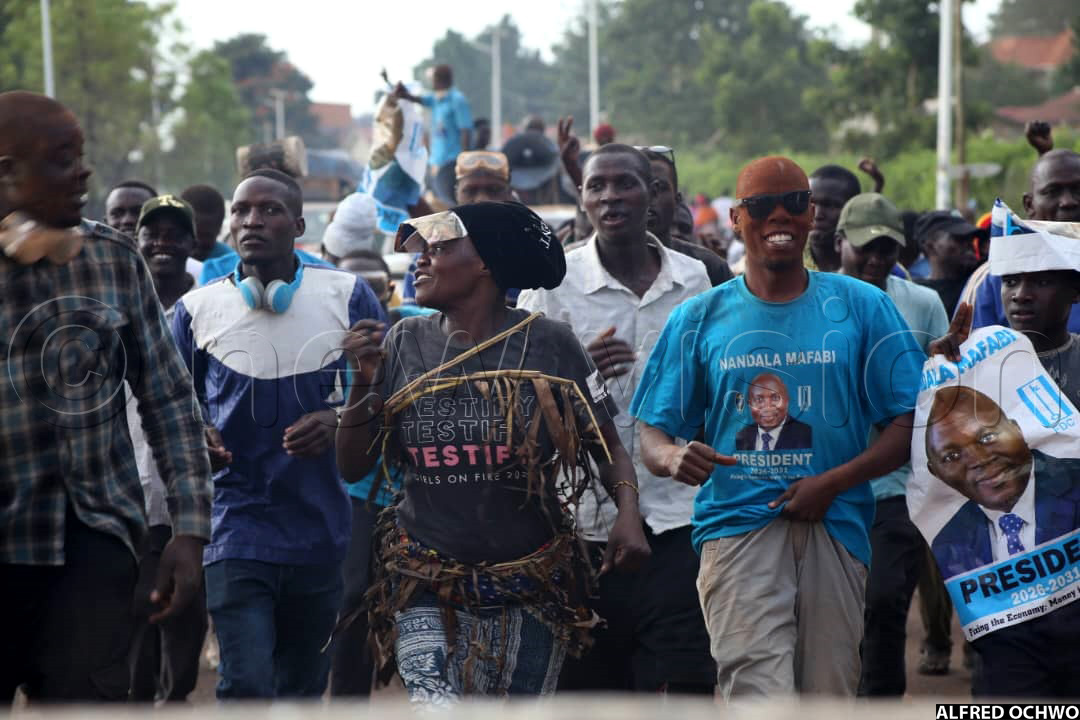
“Farmers will not buy tractors. The Government will provide them freely. All you will do is fuel. No more digging with oxen. We must modernise agriculture so that farmers can get value for their work,” he said.
He further pledged to introduce a national agricultural insurance scheme to protect farmers from drought, floods and destructive pests. To restore financial stability in the sector, Nandala promised to revive farmer cooperative banks, arguing that their collapse had left rural farmers vulnerable to predatory lenders and unreliable savings groups.
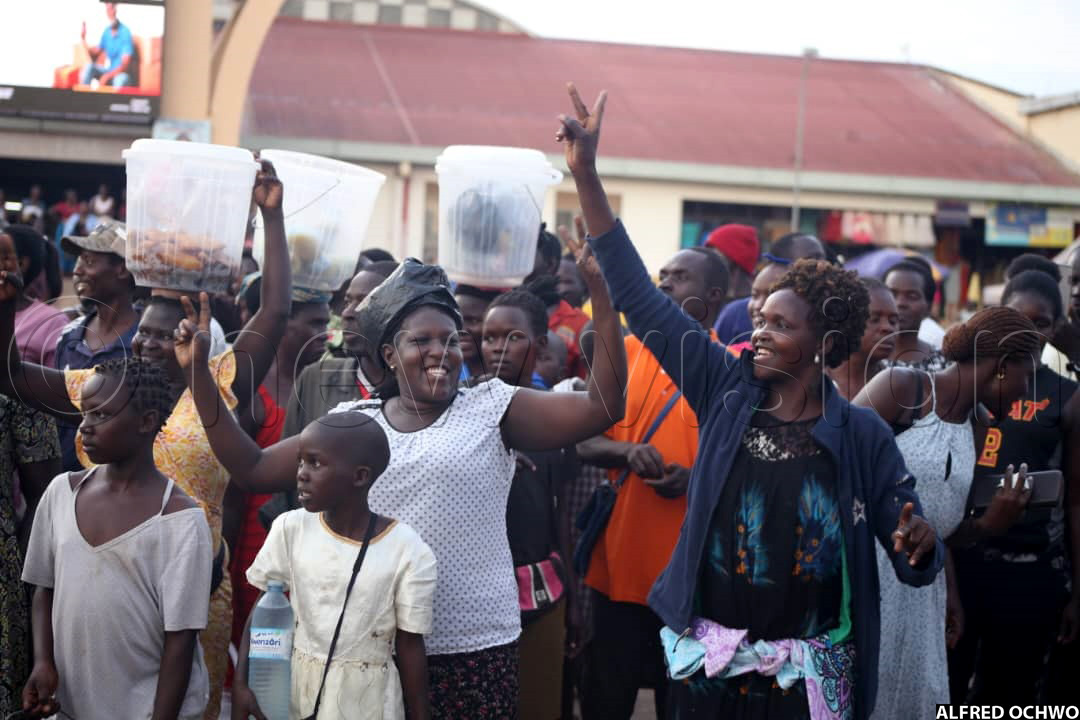
“In my government, 10 per cent of the national budget will go directly to agriculture,” he said.
“We shall build silos to reduce losses, revive co-operatives and ensure farmers can store, market and profit from their produce.”
Nandala’s rally attracted large crowds at Cwero town council, Te-got Atoo and Gulu city’s main town. Many residents described his return as a renewed gesture of political attention to a region that has long felt neglected. This was his second visit to Gulu, and supporters said they hoped his repeated presence signalled his commitment.
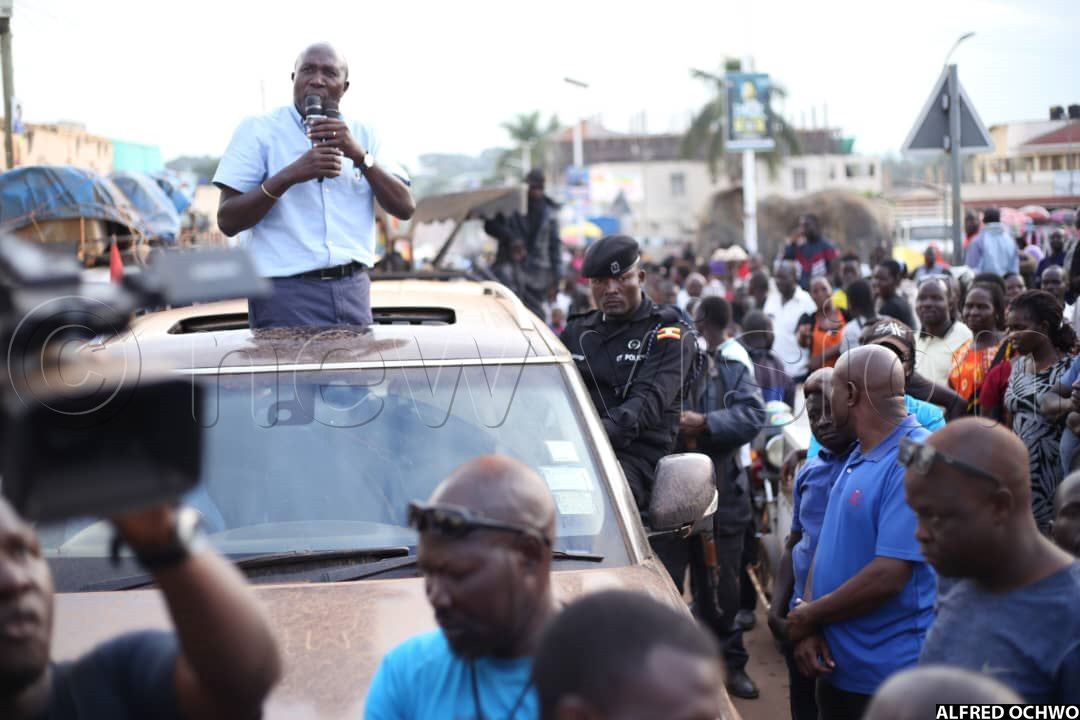
Frustrations
Residents, however, did not shy away from voicing long-standing frustrations about public services, particularly in health and transport.
At Te-got Atoo trading centre, Sanduy Opio criticised the state of Te-got Atoo Health Centre III, describing it as almost non-functional despite years of promises.
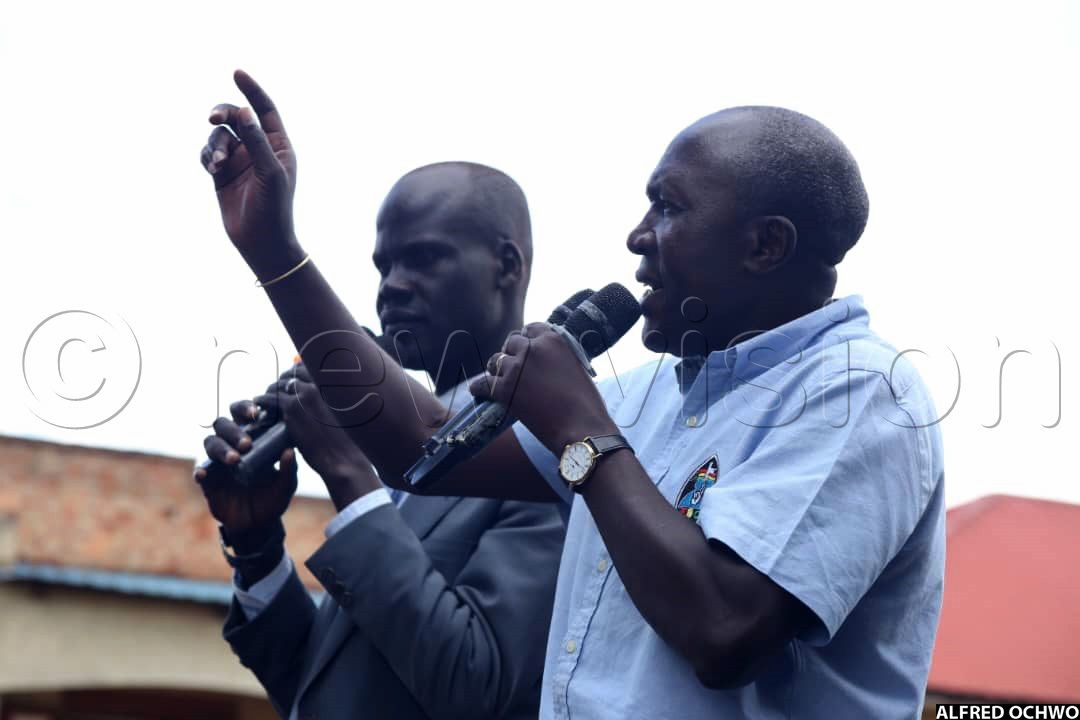
“There are hardly any doctors,” Opio said. “Drug stockouts are constant. Patients go and return without any help. We need a proper health facility, not just a building.”
From Cwero Town Council, Bosco Oryema echoed another widespread concern—poor roads.
“We struggle to move,” Oryema said.
“Farmers cannot reach markets, ambulances get stuck and trading centres are cut off. Roads are our biggest problem. Development starts with accessibility.”
Responding to these concerns, Nandala said they lie at the centre of his poverty eradication campaign. He vowed to reverse what he described as decades of failed priorities that have kept Northern Uganda in a cycle of underdevelopment.
“A government that cannot build roads cannot talk about development,” he said. “If you give me your vote, roads in Gulu, Cwero, Omoro and the entire region will be rebuilt to proper national standards.”
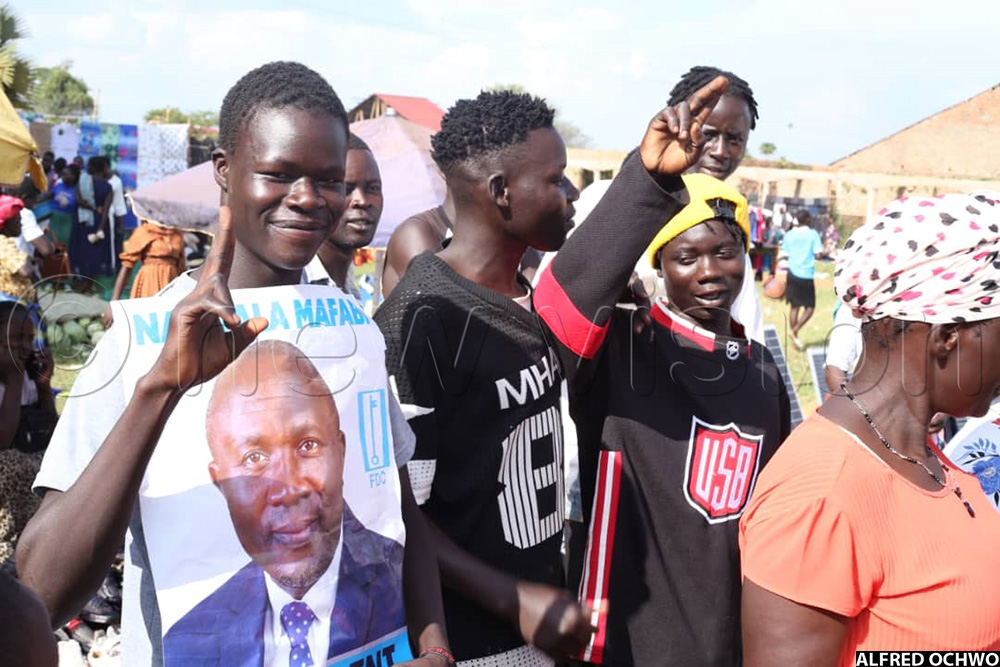
Beyond local issues, Nandala also used the rally to advance his national governance agenda, calling for stronger institutions, the restoration of term limits and a Parliament that serves citizens rather than the presidency.
“We must restore term limits to a maximum of two,” he declared. “I will reduce the powers of the president to make him a servant of the people. No leader should rule forever. Once you serve your terms, you go home. That is how we protect our democracy.”
He added that restoring the dignity of Parliament would be central to his leadership. “Parliament must be a house of the people, not a rubber-stamp chamber or a place for deals. We shall restore independence, accountability and respect for the Constitution.”
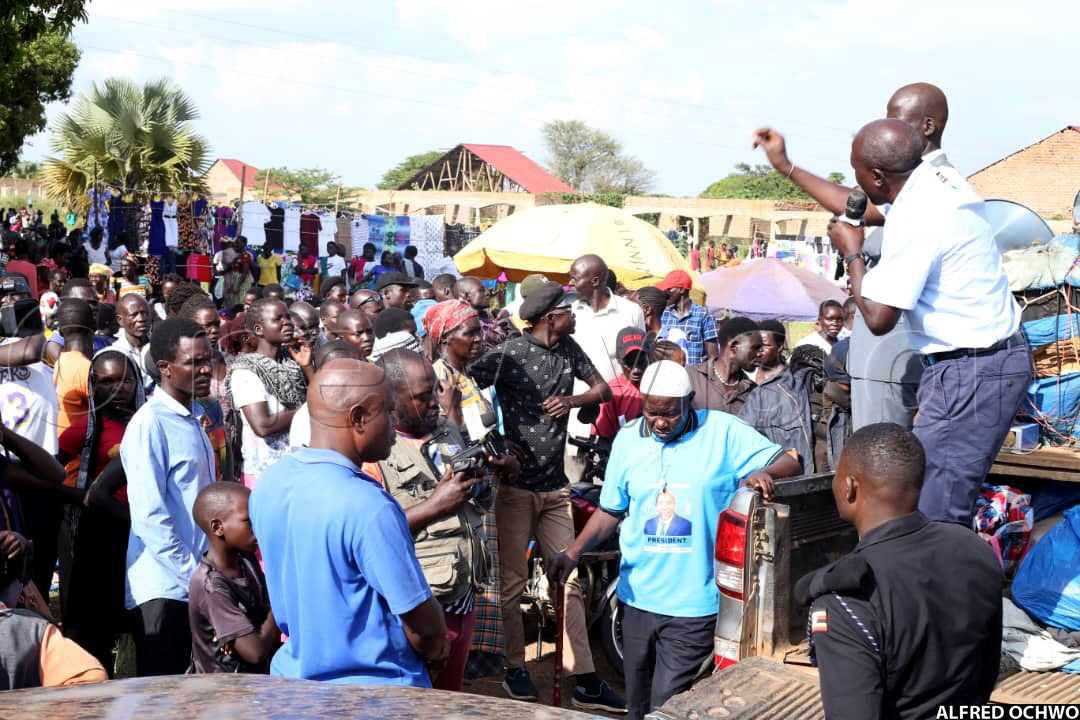
Nandala also questioned the government’s prolonged delay in delivering cattle compensation in the region. He criticised the new proposal of giving five cows, saying it was unrealistic and unfair to families that lost entire herds.
Meanwhile, the ruling NRM government’s agricultural policy currently emphasises modernising farming through machinery provision, promoting value-added crops and supporting homestead-based wealth creation. Through regional hubs, government provides tractors on a hire basis at subsidised fees to help farmers transition from hand-hoeing to mechanisation.